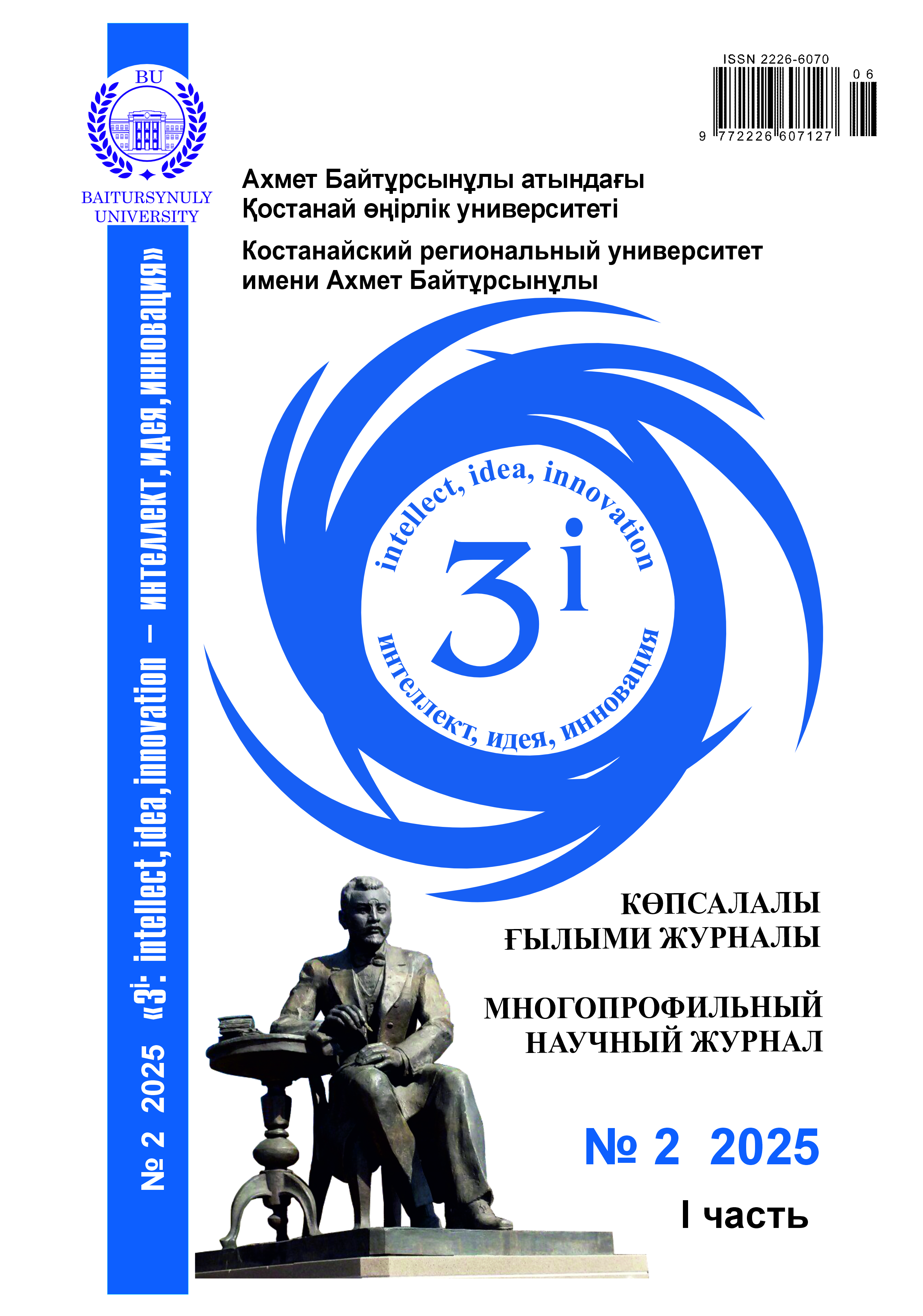PRODUCTION OF CAMPYLOBACTERIOSIS AGGLUTINATING MONOSPECIFIC SERUM
DOI:
https://doi.org/10.52269/RWEP25215Keywords:
agglutination, campylobacteriosis, immunization, monospecific serumAbstract
The article presents the results of experiments conducted to obtain Campylobacteriosis agglutinating monospecific serum. Based on the conducted study, the Campylobacter fetus fetus B-0115 strain of KazSRVI was isolated from an aborted ovine fetus. This strain exhibits characteristic cultural, morphological, biochemical, and antigenic properties; previous research substantiated that this strain can be effectively used to produce monospecific agglutinating sera for the serological diagnosis of Campylobacteriosis via agglutination reaction. High pathogenicity and virulence of this strain were established.
On the basis of the developed scheme of immunization and use of immunostimulant the antigenic load during immunization was significantly reduced and antibody titers of specific sera were increased due to increased antibody formation in the animals-producers. The activity of hyperimmune sera obtained using the immunostimulant was 1:1600-1:3200. The sera were strictly specific - they gave negative agglutination reaction with heterologous antigens. The effect of storage duration on the biological properties of Campylobacteriosis antigens and monospecific agglutinating sera of types I, II, and III was investigated, and production testing of these preparations was conducted.
Based on the agglutination reaction results, the antigens retained their specificity and activity for up to 12 months post-manufacture under laboratory conditions. In all experiments, antigen self-agglutination controls yielded negative results.
On the basis of the Campylobacter fetus fetus B-0115 strain of KazSRVI and application of the developed immunization scheme, an active and highly specific Campylobacteriosis monospecific agglutinating serum for the diagnosis of Campylobacteriosis in the agglutination reaction was obtained.




